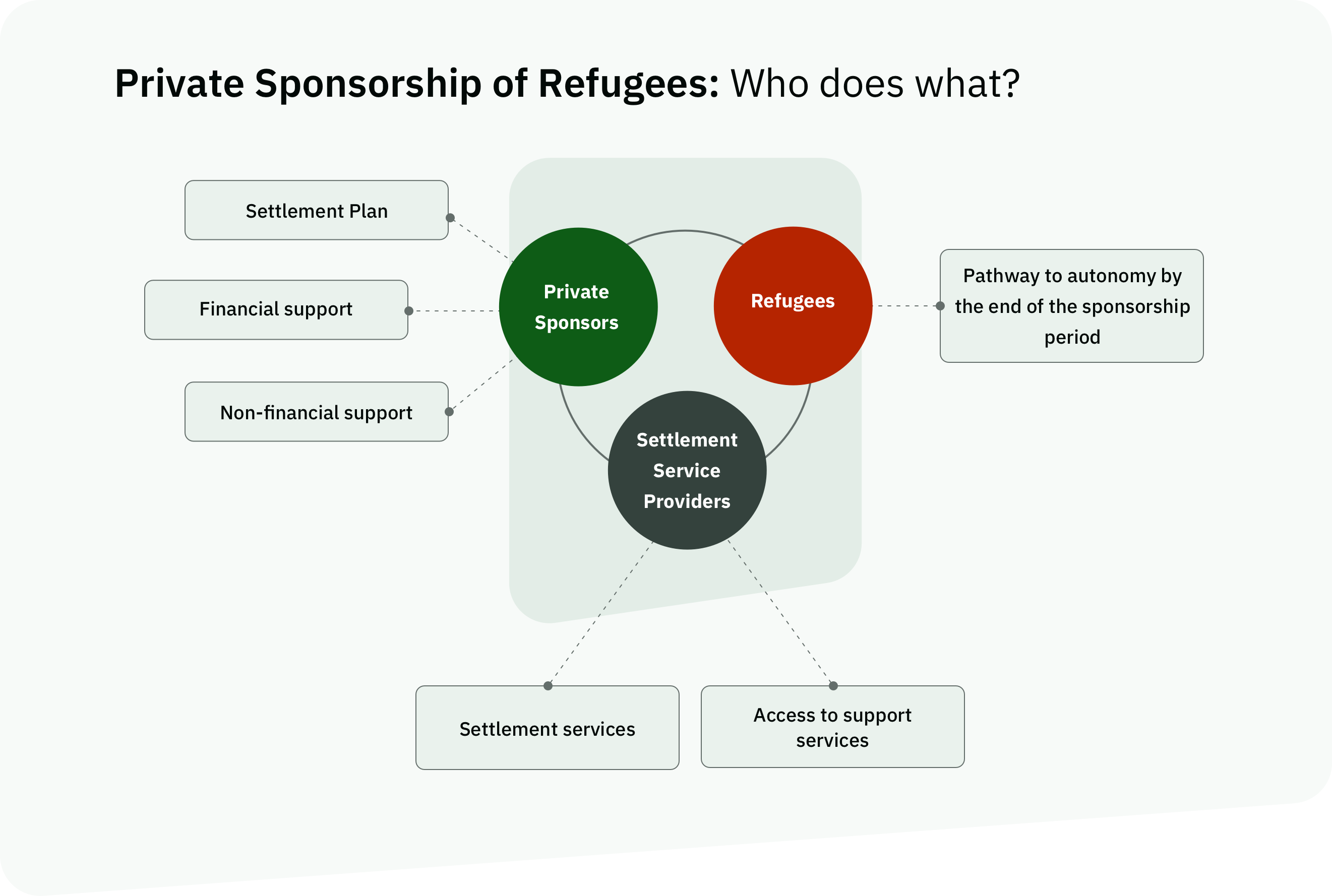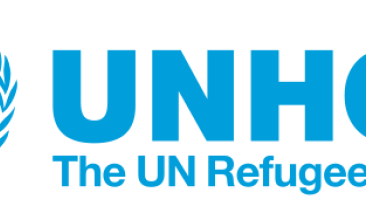The Private Sponsorship of Refugees (PSR) program enables private groups to sponsor eligible refugees abroad in order for them to resettle in Canada. Each of them has rights and responsibilities at every stage of the sponsorship that need to be understood by everyone involved in the sponsorship.
Refugees, private sponsors, settlement workers : Post-arrival roles
Sponsors commit to providing financial and non-financial support to the refugee as well as to implementing a settlement plan. This plan should seek to help them integrate into Canadian society and be able to become fully autonomous by the end of the sponsorship period.
According to Immigration, Refugees and Citizenship Canada (IRCC), newly arrived refugees are expected “to make every effort to become self-sufficient as soon as possible after arriving in Canada”. This may involve taking part in certain settlement activities, like language training classes, college or university courses, employment preparation or employment assistance programs.
Settlement workers are professionals who help newcomers by providing services, information and support that facilitate their settlement and integration in Canada. They are present in all regions of the province, and work within settlement agencies, community organizations and schools. Their support can be sought out by both refugees and private sponsors, and they can provide assistance in navigating administrative procedures as well as facilitating access to certain services. These range from health services and professional and linguistic training programs to educational assistance.
The positive effects of collaboration between refugees, sponsors and service providers
Privately sponsored refugees, private sponsors and settlement workers are natural and essential allies in facilitating the successful integration of newly arrived refugees into Canadian society.
The Allies for Refugee Integration (ARI) project (led by OCASI in close partnership with Refugee 613) shed light on four of the positive effects of the collaboration between these three stakeholders :
- Sponsored refugees can get access to the services they need
- Duplication of services is avoided
- Sponsorship breakdown is avoided
- Stress is reduced for sponsors and newcomers by offering a more formal network of support and a place to go to ask questions
How can the collaboration between refugees, sponsors and settlement workers be improved?
Some obstacles, such as lack of time or limited resources or information, might make it more difficult for these three groups to effectively collaborate.
The ARI project identified four main areas for improvement regarding the collaboration between refugees, sponsors and settlement workers :
- An intentional connection in the pre-arrival stage between settlement and sponsors
- Improved information sharing and opportunities for knowledge exchange
- Access to better support for settlement planning
- Expanded training opportunities for sponsors and settlement workers that emphasize roles and responsibilities


